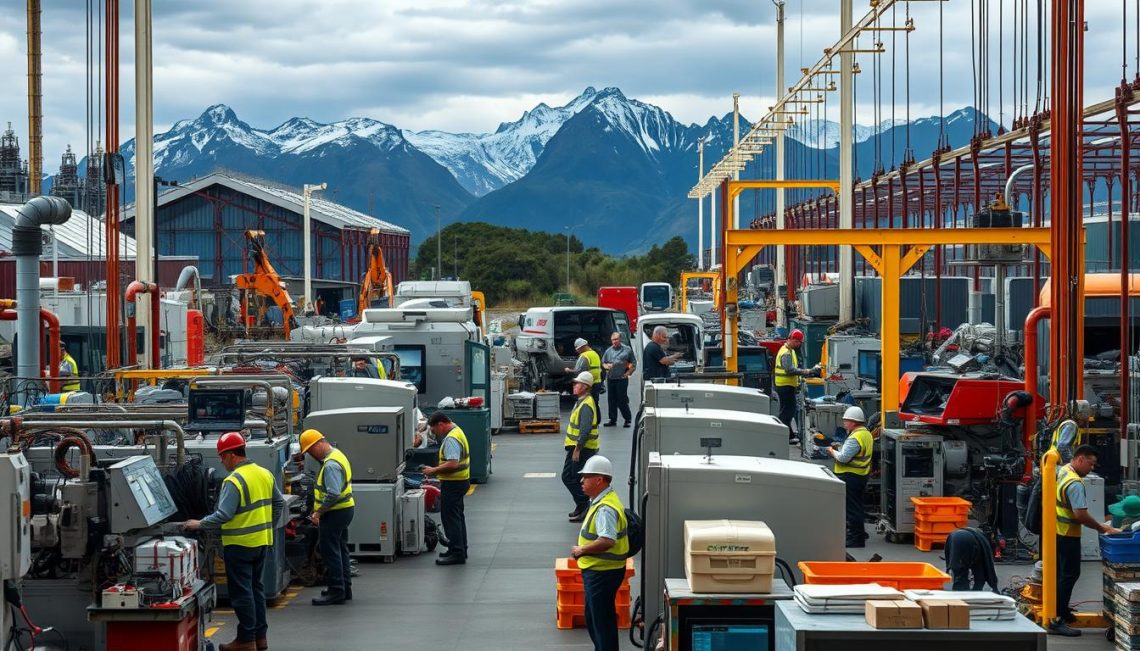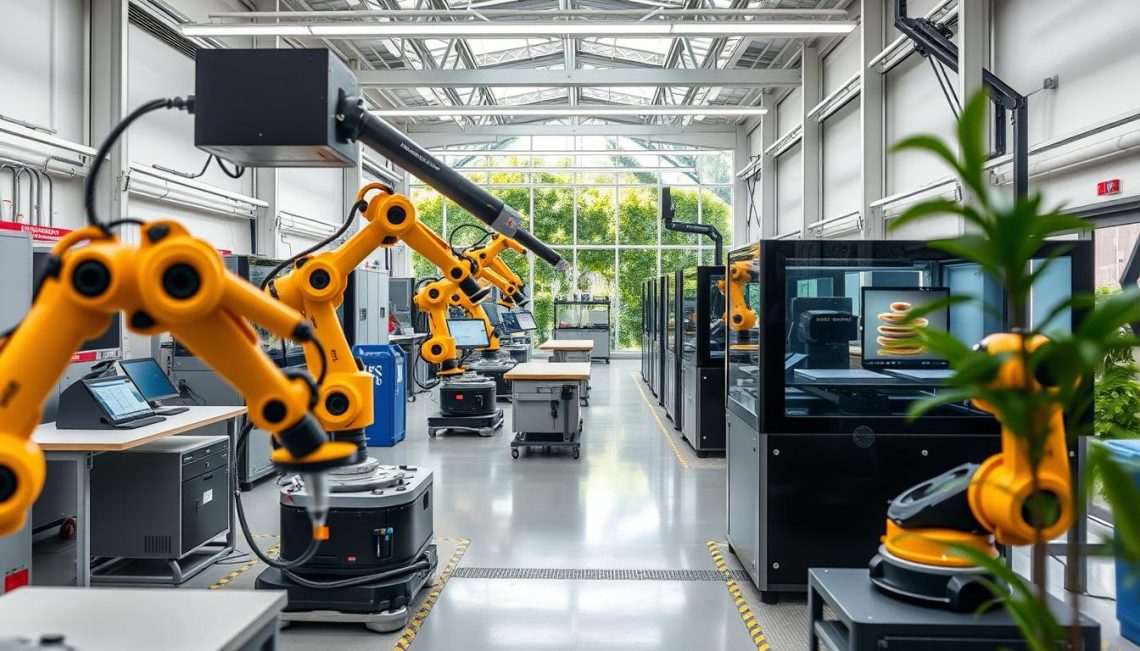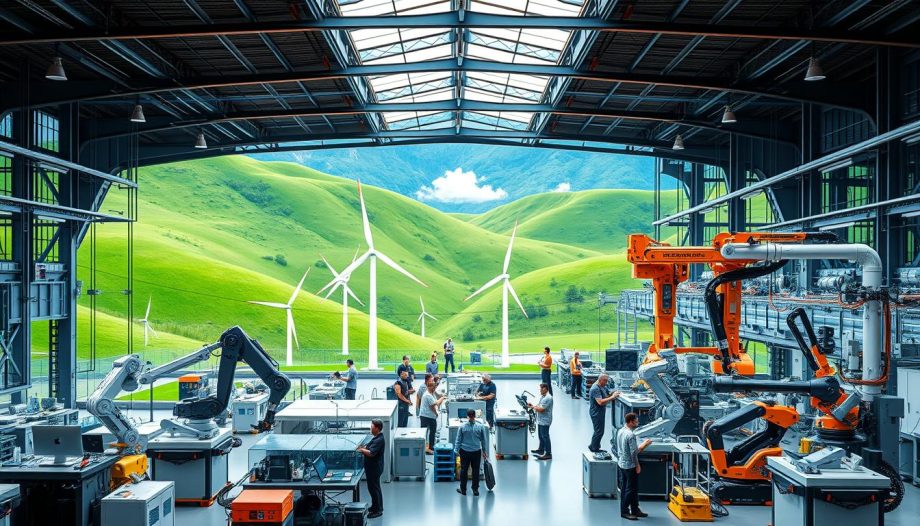Innovation in New Zealand manufacturing is a pivotal element in reshaping the landscape of the industry. As the manufacturing sector faces mounting global competition, the adoption of innovative practices has emerged as a necessity for sustainable growth and productivity. Manufacturing transformation enables firms to enhance efficiency and implement sustainable manufacturing practices, ultimately improving their competitive edge. Recent analytical studies reveal that organizations embracing technological advancements, such as automation and data analytics, are significantly outperforming their traditional counterparts, both locally and globally. Furthermore, government-supported initiatives focused on research and development are vital in positioning local manufacturers ahead of industry trends.
Understanding the Current Landscape of New Zealand’s Manufacturing Sector
The manufacturing sector in New Zealand faces a range of challenges that influence its overall performance. As the industry navigates through complex supply chain issues, it becomes increasingly imperative to address workforce shortages and enhance operational efficiency. Understanding these factors is crucial for manufacturers aiming to thrive in both local and international markets.
Key Challenges Facing Manufacturers
Manufacturers encounter a variety of obstacles that hinder their growth potential. Among these, significant supply chain issues have emerged, particularly in the aftermath of global events like the COVID-19 pandemic. These disruptions ripple through production processes, affecting timely delivery and increasing costs. Workforce shortages have further complicated operations, especially in skilled trades, where the demand for talent outstrips supply.
- Supply chain disruptions leading to delays and increased costs
- Workforce shortages, particularly in skilled manufacturing roles
- Rising raw material costs impacting pricing strategies
- Pressure to comply with environmental regulations
The Importance of Global Competitiveness
Establishing global competitiveness remains a focal point for New Zealand’s manufacturing sector. With New Zealand exports becoming critical to economic performance, alignment with international standards is essential. Manufacturers must adapt their strategies not only to meet local demand but also to satisfy the expectations of international markets.
According to the World Economic Forum, New Zealand tends to excel in various business metrics such as ease of doing business. Despite these advantages, continuous efforts are necessary to ensure sustainable growth. Collaborations with technology firms represent one pathway to innovation, providing manufacturers access to advanced solutions and enhancing their market positioning.

The Role of Innovation in Transforming New Zealand’s Manufacturing Sector
Technological advancements are crucial in reshaping New Zealand’s manufacturing landscape. Transitioning into Industry 4.0, local manufacturers are increasingly leveraging automation, IoT, artificial intelligence, and robotics to enhance productivity and efficiency. The integration of smart manufacturing processes not only streamlines operations but also fosters sustainable manufacturing practices.
Technological Advancements and Their Impact
Many New Zealand companies are at the forefront of adopting cutting-edge technology in manufacturing. For instance, the implementation of an IoT framework enables real-time monitoring of production lines, resulting in decreased downtime and waste. Industry 4.0 provides opportunities for smart manufacturing to thrive by allowing manufacturers to collect and analyze data, thus improving decision-making and operational agility.
Case Studies of Successful Innovations
Several innovation case studies illustrate how New Zealand manufacturers have transformed their operations through technology. The following table highlights some notable success stories:
| Company | Innovation | Impact |
|---|---|---|
| Fisher & Paykel Appliances | Smart manufacturing integration | Reduced waste and increased productivity |
| Glasshouse | Automated production line with recyclable materials | Improved sustainability and efficiency |
| Fonterra Co-operative Group | Data analytics for production optimization | Cost savings and minimal environmental impact |

These manufacturing success stories highlight the power of innovation in driving operational improvements while addressing sustainability challenges. With the ongoing evolution of technology in manufacturing, New Zealand’s manufacturers are well-positioned to navigate the future landscape effectively.
Future Trends in Manufacturing Innovation
Looking ahead, the future of manufacturing in New Zealand is poised for significant transformation driven by key trends in innovation. One of the most prominent shifts is the increasing focus on sustainable manufacturing practices, highlighting the integration of circular economy principles. This approach not only minimizes waste but also maximizes resource efficiency, aligning with both global trends and local consumer expectations. Through this lens, companies are not merely responding to regulatory pressures but are actively embracing sustainability as a core aspect of their operational strategy.
Another pivotal trend in the manufacturing landscape is the advancement of additive manufacturing, or 3D printing. This technology is set to revolutionize product development timelines in New Zealand, enabling manufacturers to prototype and produce products more rapidly and cost-effectively. As advanced manufacturing technologies continue to evolve, businesses can expect improved customization and flexibility in their manufacturing processes, fostering a more responsive supply chain that can better meet market demands.
Moreover, insights from the New Zealand Institute of Economic Research (NZIER) suggest that low-carbon manufacturing practices will be increasingly adopted. This transition is expected not only to align with stringent environmental regulations but also to fulfill growing consumer demand for sustainable solutions. To support these shifts, robust policy frameworks will play a crucial role in facilitating innovation within the sector, ensuring that manufacturers can stay competitive in a rapidly evolving global market. The New Zealand manufacturing outlook hinges on these revolutionary changes, setting the stage for a future that prioritizes efficiency, sustainability, and adaptability.

